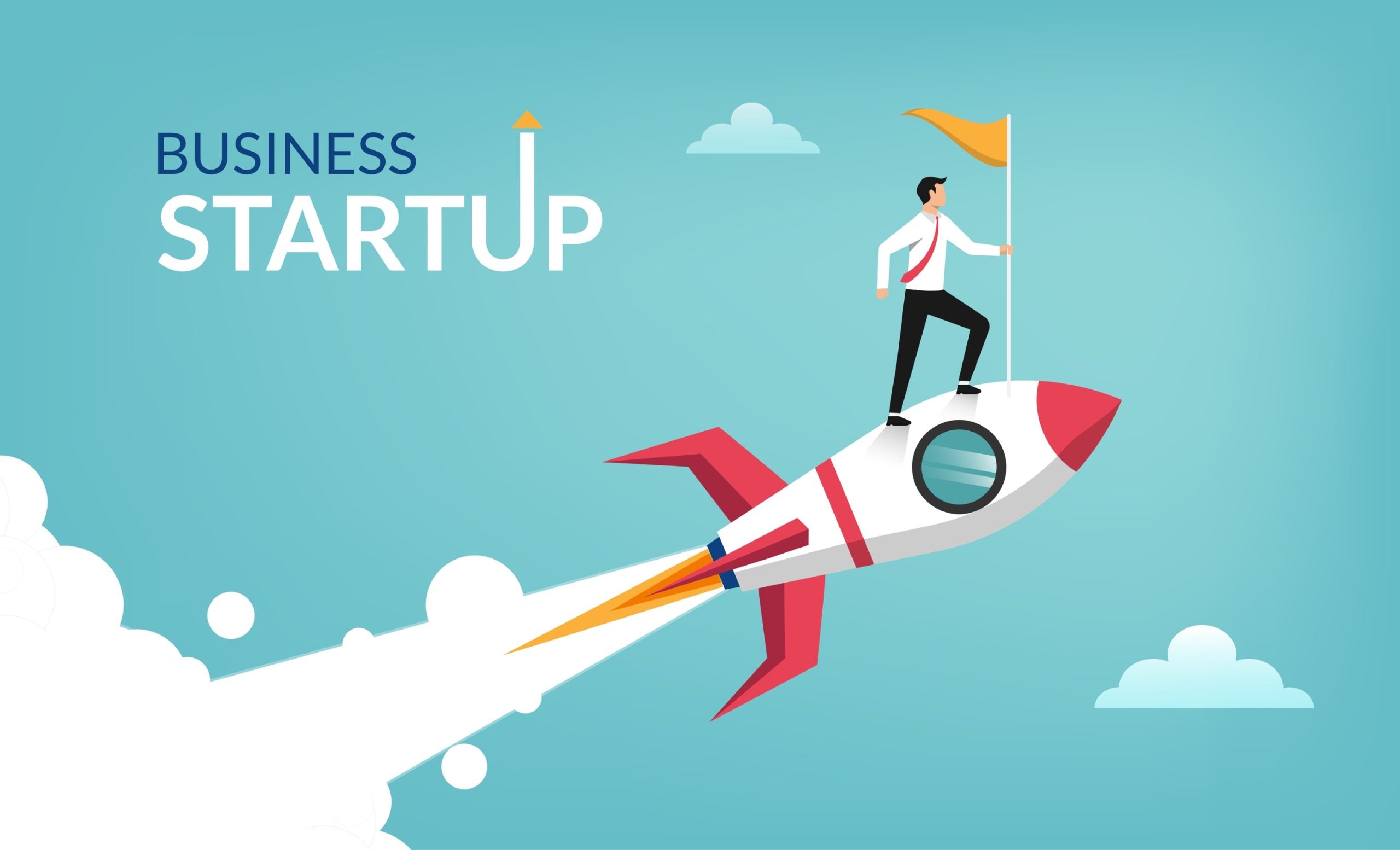Today, founders are operating in a dynamic, fast-changing environment. Evolving economic conditions, geopolitical uncertainties, technological breakthroughs, and fluctuating interest rates are reshaping the business landscape. While long-term planning can be challenging amidst so many moving pieces, including recent funding slowdowns, this moment presents unique opportunities for founders to lead with focus and resilience. By leaning into three core fundamentals, founders can not only navigate uncertainty, but build stronger, more adaptable businesses in the process.
Focus on your product
At the heart of every successful start-up is a great product. In any market environment, especially during times of uncertainty, the products that truly stand out are the ones that earn customer loyalty. Therefore, your goal as a founder is to build something so valuable and essential that customers choose it regardless of the broader economic climate, even when money is tight.
While founders inevitably wear many hats, maintaining focus on product development and the company’s core mission is key to sustainable growth. Founders often spend their time making decisions that don’t contribute to the business’ core mission. Even as shifting economic conditions, interest rates, and policy decisions create a complex landscape, clarity of purpose can be a powerful advantage. It is imperative for founders to keep their eye on the end goal.
As Jeff Solomon, a six-time start-up founder, wrote on Medium, “Whatever a founder focuses on, the rest of the company focuses on, even if they don’t realise it.” When you lead with focus and intention, your team follows. In uncertain times, staying true to your vision and consistently delivering on it can set your business apart and position it for long-term success, because even in volatile markets, great products still win.
Focus on foundation
Building a strong foundation is critical not just for surviving through market instability, but for enabling long-term growth and agility. Start-ups, by nature, are built to innovate and disrupt, often operating outside traditional business models. A solid foundation consists of smart financial systems like capital management, budgeting, and payroll; clear decision-making and goal-setting frameworks like Objectives and Key Results (OKRs) and/or the Entrepreneur Operating System (EOS); and a well-integrated tech stack that empowers teams to move fast and stay focused.
Most successful founders build this foundation early so that they can free up mental energy to focus on what matters most: creating and scaling a great product. These core systems don’t have to come at the cost of your time – they can be streamlined through the right partnerships.

US Tariffs are shifting - will you react or anticipate?
Don’t let policy changes catch you off guard. Stay proactive with real-time data and expert analysis.
By GlobalDataAn experienced, founder-first banking partner plays an essential role in this equation. The right financial partner helps maintain operational stability, protect capital, and optimize for efficiency regardless of market conditions. Even when the economy tightens, a proactive banking partner can help start-ups perform better on the margins. By choosing a bank that understands the fast-paced, product-obsessed nature of start-ups, founders can help build a reliable foundation without losing focus on growth.
Embrace AI
In many ways, today’s business landscape is rapidly evolving, and AI is driving much of that transformation. As the world shifts from a human-centric to a digital-first mindset, founders have a unique opportunity to harness emerging technologies to drive smarter, faster decision-making. AI is no longer just a trend – it’s becoming a powerful tool for start-ups to streamline operations, uncover insights from larger data sets, and accelerate growth.
For early-stage start-ups, AI can act as a force multiplier, helping to fill experience gaps, optimise workflows, and support lean teams. But thoughtful adoption is key. AI should be used to enhance your mission, not replace the human ingenuity and collaboration that define successful start-ups. When used intentionally, it can free up time and energy to focus on your highest-impact work: building great products and serving customers well.
This principle extends to external partnerships too. Founders should look for third-party providers that strike the right balance between advanced technology and personal support. The best partners offer both powerful, customisable platforms and direct human access, so you are never left alone when facing a challenge or decision. You should always be able to call someone to get expert advice and leverage the full value of the partnership. Used wisely, AI doesn’t just make your startup more efficient, it makes it more resilient, responsive, and ready for what’s next.
While today’s market may be unpredictable, it’s also filled with potential for founders who choose to lead with clarity, discipline, and adaptability. By staying laser-focused on building a great product, laying a strong operational foundation, and embracing the strategic use of AI, founders can transform uncertainty into momentum. With the right mindset and the right partners, startups aren’t just capable of surviving turbulent times, they can use them as a springboard for smarter growth, deeper customer loyalty, and long-term resilience. In every challenge lies the opportunity to build something better, and the most successful founders will be the ones who rise to meet it.
Rob Burnett is Director of Start-up Banking, Grasshopper Bank









